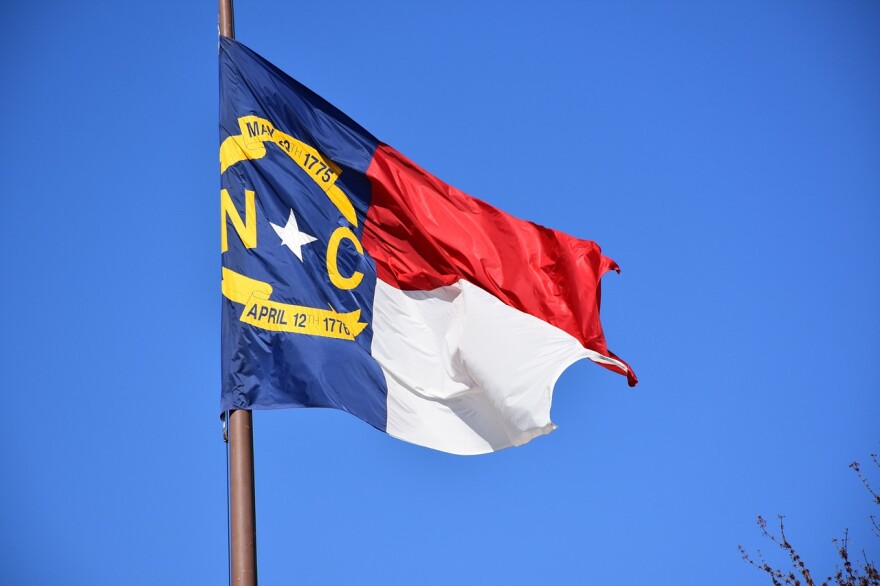In late January, the Trump administration released a memo ordering a freeze on federal loans and grants. The memo has since been rescinded, but many groups still don’t have the federal money they were promised, despite two court orders demanding an end to the freeze.
Last year, 43.2% of North Carolina’s total revenue came from federal funding. That figure — over $30 billion — doesn’t include billions more in other federal grants directed at the private sector, according to NC Newsline.
Some of the billions from the National Institutes of Health (NIH), for example, generate scientific research jobs and capital investments. As a result, billions more in subsequent economic activity follow.
Cuts to federal employees and programs may also impact recovery efforts in western North Carolina. About 3,400 employees in the U.S. Forest Service were fired, including some in North Carolina that were actively working on hurricane recovery projects. Another potential casualty may be access to health care coverage for some western North Carolina residents, as the budget for the Affordable Care Act’s federal navigator program, which helps people enroll in health plans, will be slashed from $98 million to just $10 million.
On this episode, Mike Collins speaks with three panelists on the economic, health and environmental repercussions in North Carolina of a smaller federal government.
GUESTS:
Brian Gordon, business & technology reporter for The News & Observer
Thomas Link, president of the North Carolina Active and Retired Federal Employee Association
Zach Amittay, Southeast advocate for E2, an environmental advocacy organization



